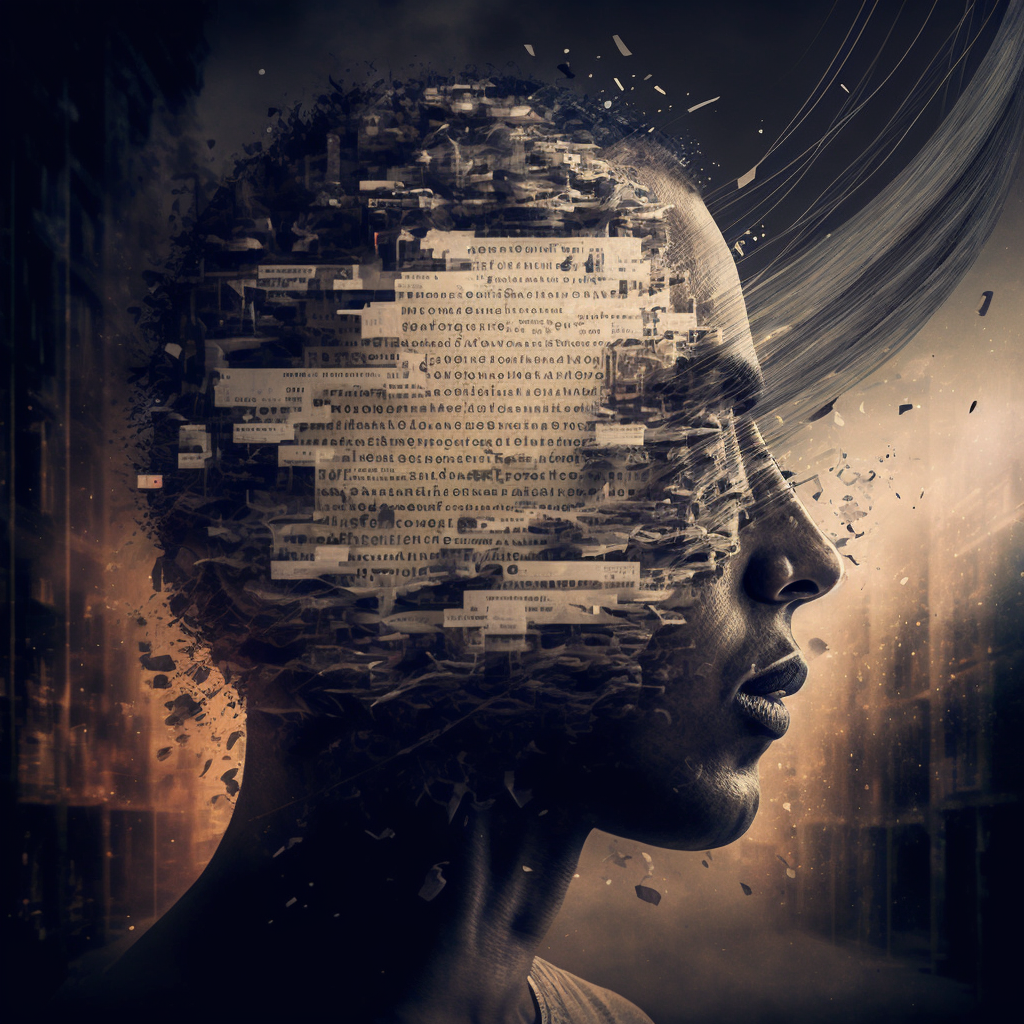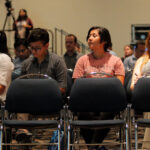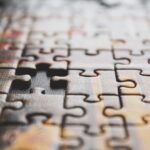In the past few decades, advancements in technology have revolutionized the way we communicate and access information. As a result, the definition of literacy has expanded beyond the traditional understanding of reading and writing to include new forms of digital communication. In his article “Literacy, discourse, and linguistics: Introduction,” James Paul Gee argues that literacy is no longer just a set of skills, but also a social practice that is constantly evolving.
Similarly, Gail Hawisher and Cynthia Selfe in “Becoming literate in the information age: Cultural ecologies and the literacies of technology” stress the importance of understanding the cultural and technological contexts in which literacy occurs. They argue that digital technologies have created new forms of literacy that are essential for success in the modern world.
These two articles highlight the changing nature of literacy and its relationship to discourse and technology. Gee argues that literacy is not only a set of technical skills, but also a way of participating in social and cultural practices. He contends that literacies are shaped by the context in which they are used and that different forms of literacy are valued in different social contexts.
Hawisher and Selfe also emphasize the role of technology in shaping literacy practices. They argue that digital technologies have created new opportunities and challenges for literacy education, and that it is important to understand the cultural ecologies in which these technologies are used. They assert that individuals must become literate in multiple forms of technology in order to participate fully in the information age.
In conclusion, both Gee and Hawisher and Selfe highlight the importance of understanding the changing nature of literacy in the digital age. They argue that literacy is not just a set of technical skills, but a social practice that is constantly evolving in response to technological and cultural changes. To be literate in the modern world, individuals must be able to understand and use a range of technologies in order to participate fully in society.





Leave a Reply